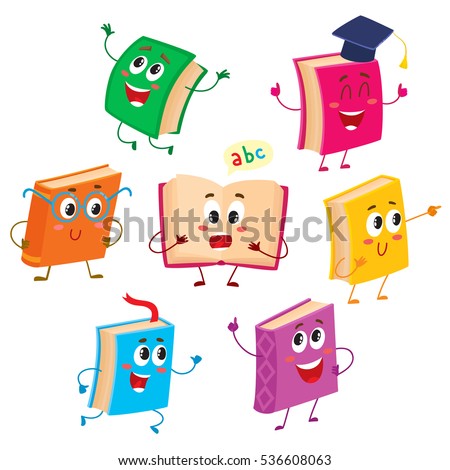
This course has truly been an eye-opener for me! I knew very little about the mechanics of research coming into this classroom experience so basically everything was a new insight for me. I think the biggest thing I learned from this course is you can not just go into a question about Early Childhood and say, "I think I will research that." There is so much that goes into it behind the scenes as it were. For instance, making sure the children give their full consent to be a part of the study and not just their parents. To have the proper consent forms and to make sure all terms are completely understood by all involved. Is the research ethical and is it being done for the benefit of those who come after it? There are different designs and different methods to obtaining data I never heard of while looking at the logical aspects of research such as how much time will it take getting to the research area, setting up, observing, and so-on. So for this reason all my thoughts about research has changed and, I think, for the better. I know I need to be diligent at looking to myself within the research context asking questions such as, "why am I doing this?" or "is this ethical?". There is still so much for me to learn.
My biggest challenge was the actual research vocabulary and what it really means. I have used every Google search I can find along with our text and resources to try and jump this hurtle. I am still struggling a bit with the terms' actual meanings but I will not give up!
The biggest thing I take away from this course is the need for respect of those I am observing and working with in my Head Start classroom. I have always worked hard to honor each of my students and their families. After learning about power relations, the deficit model, and detecting biases I believe I will be a much more conscientious observer and evaluator when working with my students and families.

On a side note-I also learned from this class to order your text books well in advance as mine did not come until about week five! This can also be equated with research, make sure to have all your ducks in a row before you even step in the door.